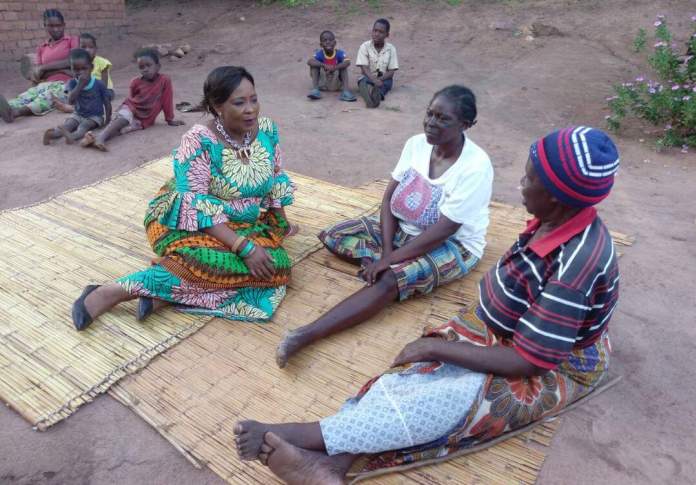The United Nations (UN) Country Team in Zimbabwe confirmed during a meeting with the First Lady at their Harare offices on, 10 December 2018 that the initiatives by the First Lady show her commitment towards social, economic and environmental issues.
Ever since becoming the First Lady of the Republic of Zimbabwe in 2017, Mai Mnangagwa has been undertaking a lot of initiatives around the country targeting the upliftment of livelihoods of the vulnerable in Zimbabwe. In her own words during a meeting with UN Country Team in Zimbabwe, the First Lady said her vision in a nutshell was the sustainable transformation of lives in an inclusive manner leaving no one behind.
The First Lady has invited broader partnerships and coordination of efforts for maximum impact of social, economic, and environmental initiatives. She has demonstrated that by focusing on the marginalized, her efforts complement Government’s vision of making Zimbabwe an upper-middle income country by 2030 and achieving the Sustainable Development Goals (SDGs).
As a member of the Organisation of African First Ladies against HIV/AIDS (OAFLA) in collaboration with the UN, the First Lady launched “Free to Shine” campaign to end mother to child transmission of HIV. The campaign includes advocacy activities which encompass engagement of HIV prevention among adolescent girls and young women, ending gender-based violence and male engagement. The male engagement component covers several areas including HIV treatment, prevention and ending child marriages, posted the UN Country Team in Zimbabwe on its Face Book page.
The UN Team mentioned that in February this year, OAFLA agreed to spearhead a “Free to Shine” campaign to contribute to ending paediatric AIDS by 2030 and keep mothers alive and healthy. The First Lady of Zimbabwe launched the Free to Shine Campaign in August 2018.
In addition to the work being done by the First Lady, the United Nations (UN) Resident Coordinator, Mr Bishow Parajuli revealed that a strong collaboration to ensure human access to health was ongoing between the UN and the Ministry of Health and Child Care together with the health development partners to ensure adequate and coordinated support to the sector and mobilize new resources, including from BRICS nations.
Mr Bishow Parajuli also noted that UN collaboration with the First Lady is enshrined in the work of the Organization of African First Ladies against HIV/AIDS (OAFLA), which was established in 2002 to provide a platform for African First Ladies to advocate for effective policies and strategies towards the elimination of HIV and AIDS, reduction of maternal and child mortality and the empowerment of women and children, through strategic partnerships in the spirit of solidarity.
The First Lady through her efforts has managed to contribute positively to the vulnerable communities of Zimbabwe. She has championed cervical cancer screening programmes among many of her other activities.




